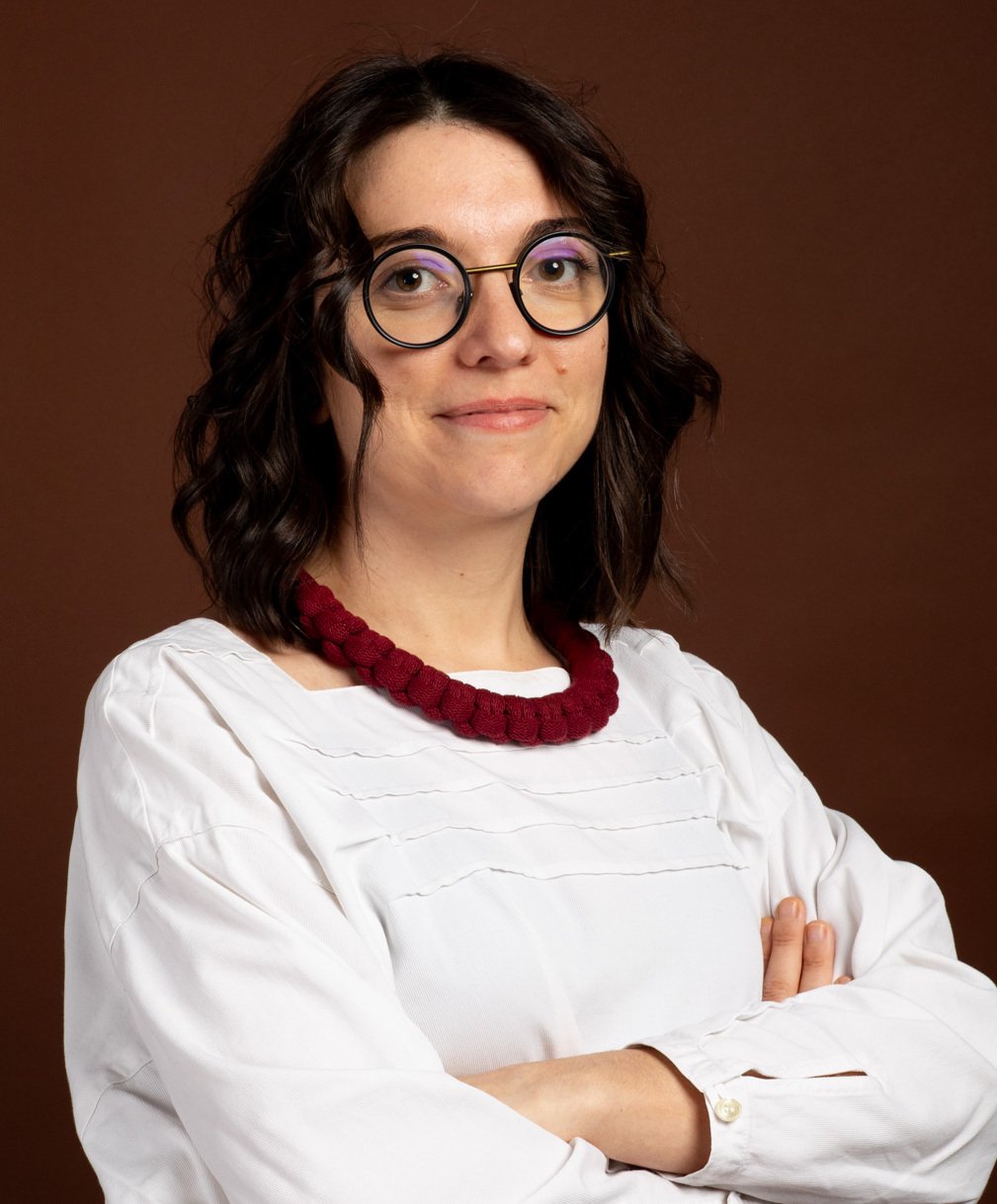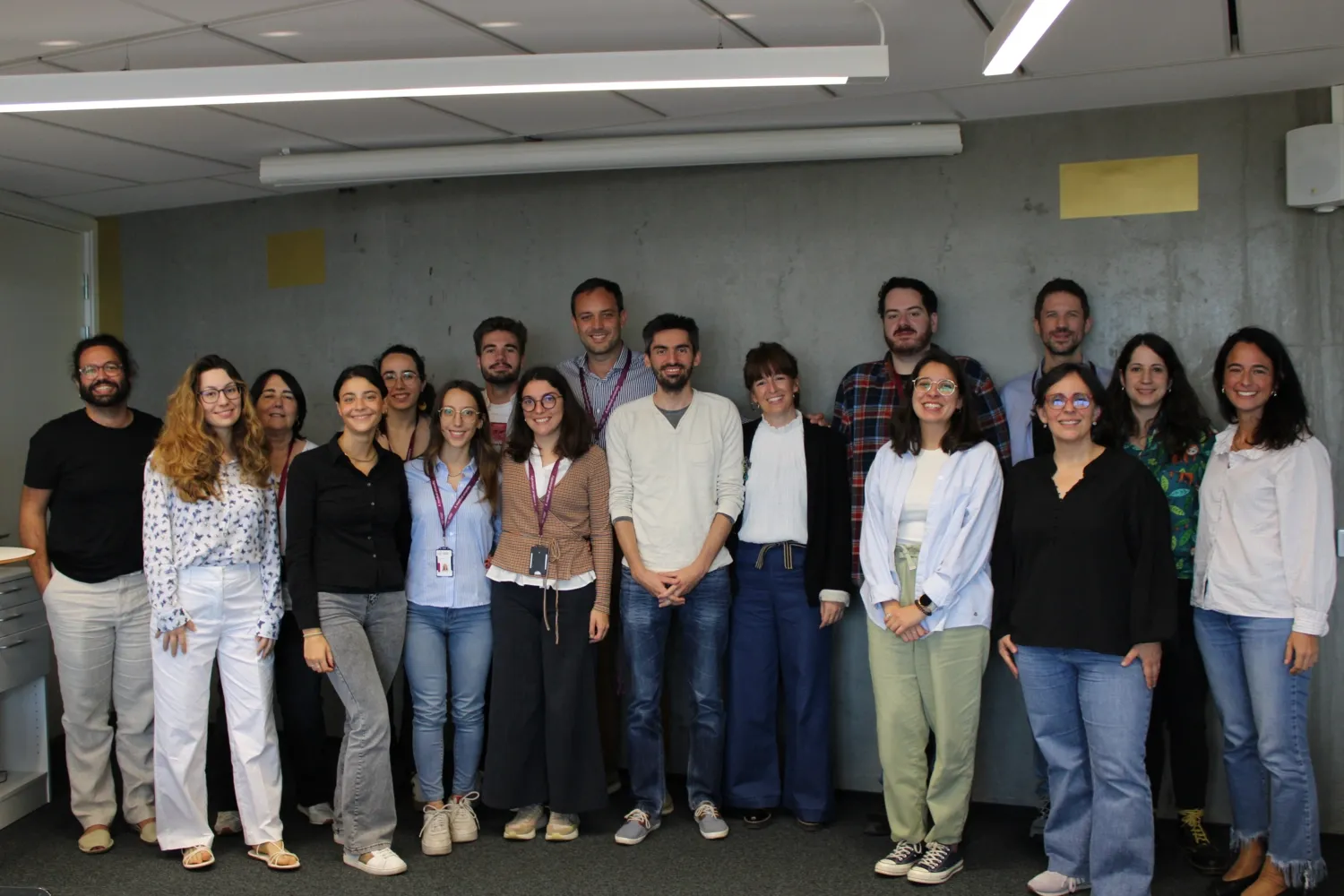On 8-9 September 2025, the Aging Research Center (ARC) at Karolinska Institutet welcomed researchers from across Europe for an international workshop focused on advanced statistical techniques for tracking the evolution of multimorbidity.
The workshop emerged from collaborative efforts initiated at the IV International Conference on Multimorbidity and the II Conference of the Spanish National RICAPPS in Madrid, following postdoctoral researcher Caterina Gregorio's proposal to build a multidisciplinary team employing disease pattern-based longitudinal methods to study multimorbidity.
Participants spent the workshop examining challenges inherent in researching longitudinal multimorbidity trajectories. Sessions focused on tailored statistical strategies, including hidden multistate models and latent transition analysis, with the aim of summarizing and comparing key features of existing methods and the software available to implement them. The group is also undertaking a simulation study to assess the effectiveness, reliability, and applicability of these tools across a range of study design scenarios.

"We had two inspiring days of exchanges and insightful discussions. We strongly believe that sharing methodological expertise across research groups will be pivotal to advancing current and future multimorbidity research, ensuring future studies are based on sound statistical practices. We look forward to sharing our project's results to the wider scientific community," says Caterina Gregorio, postdoc at the Aging Research Center (ARC).
Convened by Caterina Gregorio, Davide Liborio Vetrano, and Amaia Calderon-Larrañaga, the two-day event brought together participants from ARC, University Rey Juan Carlos of Madrid, Red de Investigación en Cronicidad, Atención Primaria y Promoción de la Salud, Instituto de Investigación Sanitaria Aragón (Spain), and the University of Sheffield (UK).







